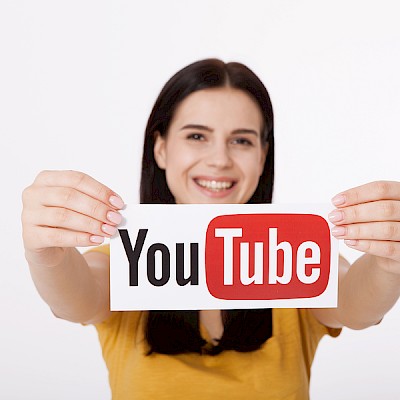
More Transparent Advertising in Videos by Online Influencers
Online videos, in particularly vlogs created by online influencers, are extremely popular among young people nowadays. These online influencers are not only popular among children and adolescenst, but also among advertisers. Increasingly more companies and brands pay online influencers to promote their products. As a result, advertising in videos by online influencers has become common practice. In the public debate, significant concerns have been raised regarding the fairness of this advertising practice. One of the primary concerns relates to its transparency: with advertising in videos by online influencers, the boundaries between commercial and non-commercial online content (e.g., information or entertainment) are blurred and therefore minors may have difficulty recognizing this type of advertising.
The aim of this project was to provide a state-of-the-art overview of what is known about how advertising in online videos can become more transparant for minors. To achieve this aim, an academic literature review was conducted. The outcomes of the literature review suggest that a disclosure indicating a paid cooperation between the online video creator and the sponsoring company can increase minors' awareness of the commercial nature of an online sponsored video. The clearer the disclosure is formulated and the longer the disclosure is visible, the more effective it is. The outcomes of the research were partly taken over by the YouTubers in their Social Code: YouTube.
This project was commissioned and funded by the Dutch Media Authority (in Dutch: Commissariaat voor de Media).

